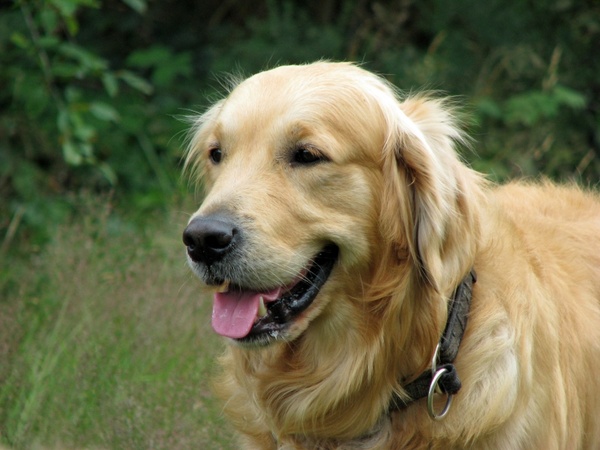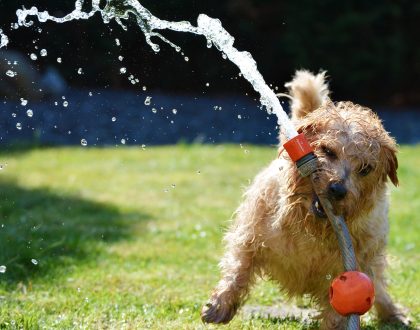Doggie Dreams

Do you wonder if there is such a thing as doggie dreams?
What pet parent hasn’t wondered what their fur babies dream of? We’ve witnessed them twitching and running in their sleep, but do they actually have doggie dreams? Well, scientifically, no one actually knows for sure. But, as pet parents, isn’t it difficult to imagine they don’t?
There have been many studies into sleep and dreams in humans. However, knowledge on the topic is actually very limited for dogs. There have also been some studies on rats. It was proven that the same firing patterns that occur in rats’ brains when awake, occur when they are also sleeping. So, surely animals can dream? And surely we can apply this to dogs?
Many neuroscientists have said it is perfectly plausible that dogs can dream. Unless there is something special about humans and rats, there’s no reason to believe dogs can’t dream. It’s known that vital parts of the brain responsible for creating memories are wired the same way in all mammals. This has lead some to believe that, as dogs sleep, images of past events replay in their minds, the same as for humans!
Do dogs experience REM?
Exploring even further, it was found that dogs do experience REM. REM is the portion of sleep in which humans experience dreams. So, if dogs too can fall into an REM state of sleep, then it’s even more likely that they do in fact dream. When you see your pooch twitching, running and tail wagging in his sleep, he is usually in the REM phase of sleep and more than likely having a dream!
So, even though science points towards dogs being able to dream, there is not enough evidence to give a definite answer. Anyway, who needs science to tell them their fur baby is dreaming? As you watch your four-legged friend twitch, make noises and tail wag in their sleep, it’s hard to believe they are not dreaming.
We would love you to leave your comments below about what your dog does when they are dreaming.
You might also like to read some of the funny stories from our Subscribers and Clients about their pets’ sleeping habits.
Recommended Posts

Hot weather and your dog
January 05, 2024

Frozen Kong recipes
January 05, 2024

Doggy ice blocks
January 05, 2024
Comments
Leave a Reply
You must be logged in to post a comment.

Where are you guys located and your rescue I am looking for a Labrador or a golden retriever I can’t seem to get on your website please call me 209-213-8277
Hi Linda
We are in Australia so can’t help you with a rescue dog in California. Sorry.
Jenny